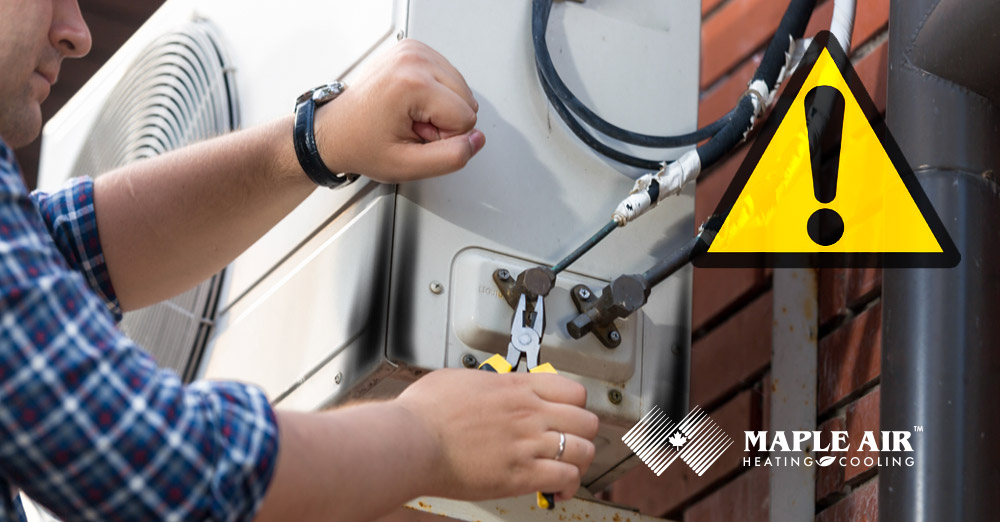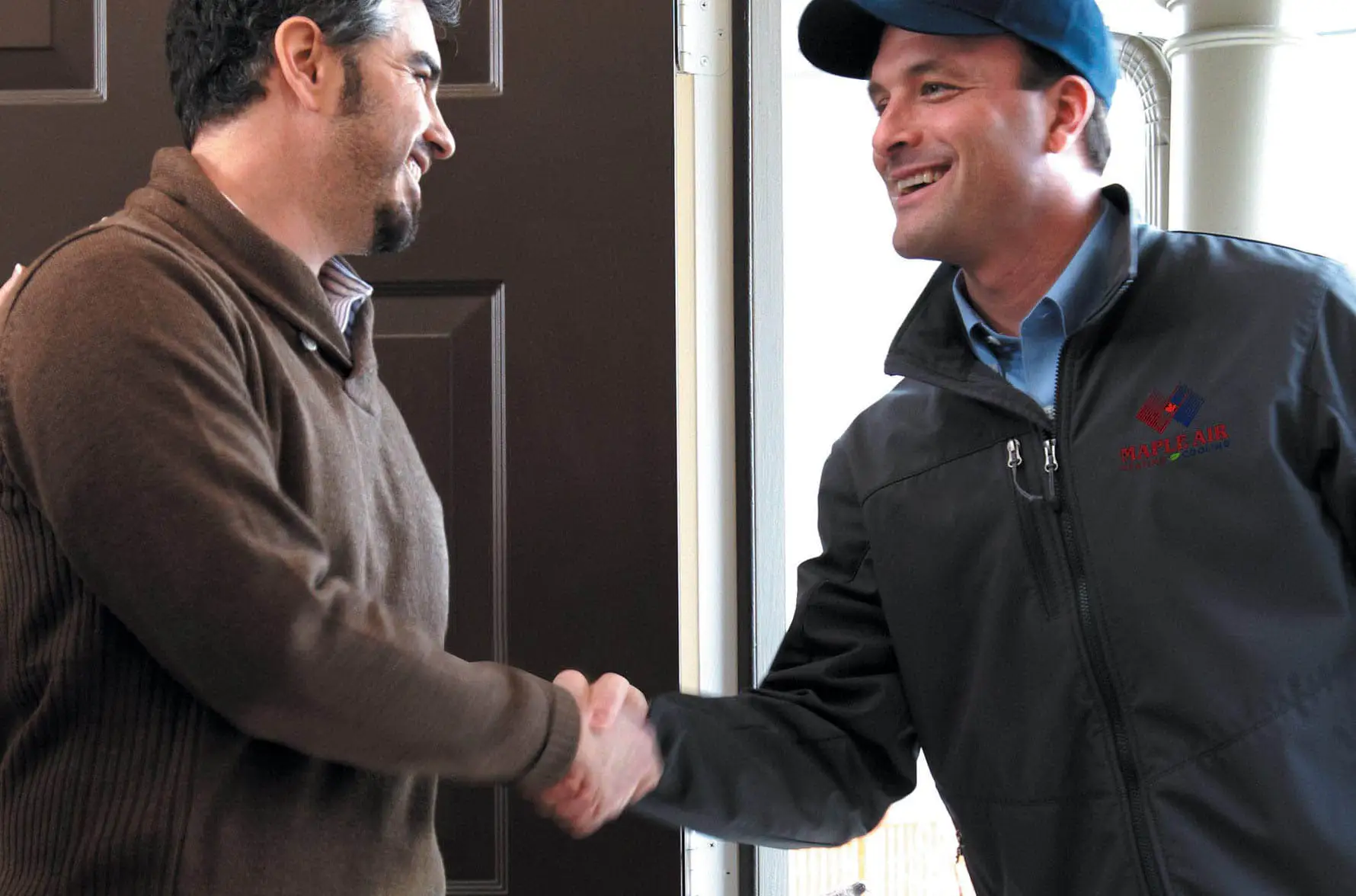
How your old AC can become a Safety Hazard
Your air conditioner won't last forever and like all mechanical systems, air conditioners will eventually need repair. The average lifespan of a central air conditioner is 10 to 15 years, depending on your maintenance and usage habits. As your AC approaches the end of its lifespan, it will begin to show signs of decreased performance, financial inefficiency, and other indications that it's time to be replaced. However, some homeowners try to squeeze out every last bit of usage before replacing their AC unit. It's important to understand the risks associated with the continued use of an old AC, as it can become a safety hazard. Read on to learn how your old AC can pose potential risks.
Electrical Malfunctions
Over time, the electrical components in your old AC can deteriorate, leading to potential malfunctions. Faulty wiring or damaged electrical connections can increase the risk of electrical fires, putting your home and family in danger. An old AC unit may experience frequent power surges or circuit breaker trips, indicating underlying electrical issues. Ignoring these warning signs can lead to hazardous situations, and it's crucial to address electrical malfunctions by contacting Maple Air to book an appointment as soon as possible.
Refrigerant Leaks
Older AC units often use outdated refrigerants that are harmful to the environment, such as Freon (R-22). These refrigerants can leak from the system due to wear and tear, posing health hazards to you and your loved ones. Inhaling or coming into contact with refrigerant leaks can cause respiratory problems, skin irritations, or even more severe health issues. Additionally, refrigerant leaks contribute to ozone depletion and environmental pollution. Upgrading to a newer AC model that uses environmentally friendly refrigerants is not only safer but also more eco-friendly.
Structural Damage
As your AC unit ages, it may develop structural issues that compromise its stability. Loose or corroded parts can pose a risk of falling or collapsing, potentially causing injuries or property damage. Additionally, an old AC unit may become unbalanced or vibrate excessively, further damaging the unit or surrounding structures. It's crucial to have regular inspections and maintenance with your Maple Care cooling plan to identify and address any structural damage before it becomes a safety hazard.
Inefficient Cooling and Increased Energy Consumption
As air conditioners age, their efficiency decreases, leading to inadequate cooling and increased energy consumption. An old AC unit may struggle to maintain a consistent desired temperature, resulting in discomfort during the hot-weather seasons. Inefficiency also leads to higher energy bills as the AC unit works harder to achieve the desired cooling effect. Additionally, the strain on an old AC unit can cause it to overheat, further increasing the risk of malfunctions and safety hazards.
Using an old AC unit beyond its recommended lifespan can pose several safety hazards. To ensure the safety and comfort of your home we would advise that you replace your AC with a newer, more reliable model. If you require HVAC services in the Greater Toronto Area, contact Maple Air Heating and Cooling for professional assistance. Our team of experts can help you choose the right AC unit for your needs and ensure a safe and efficient cooling system in your home.














